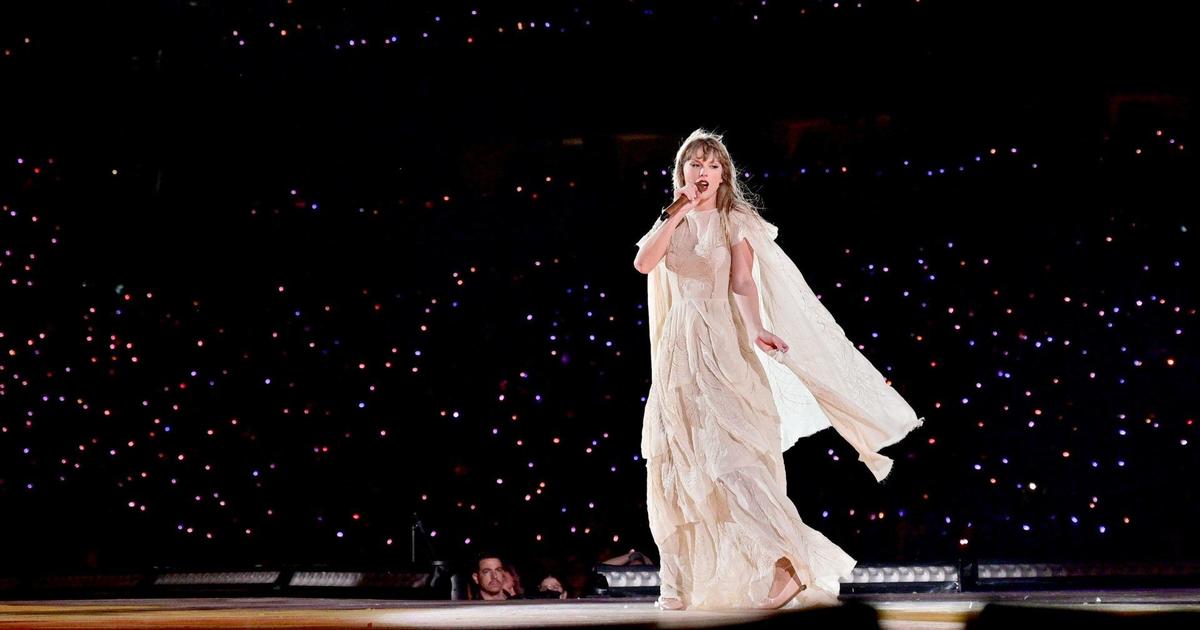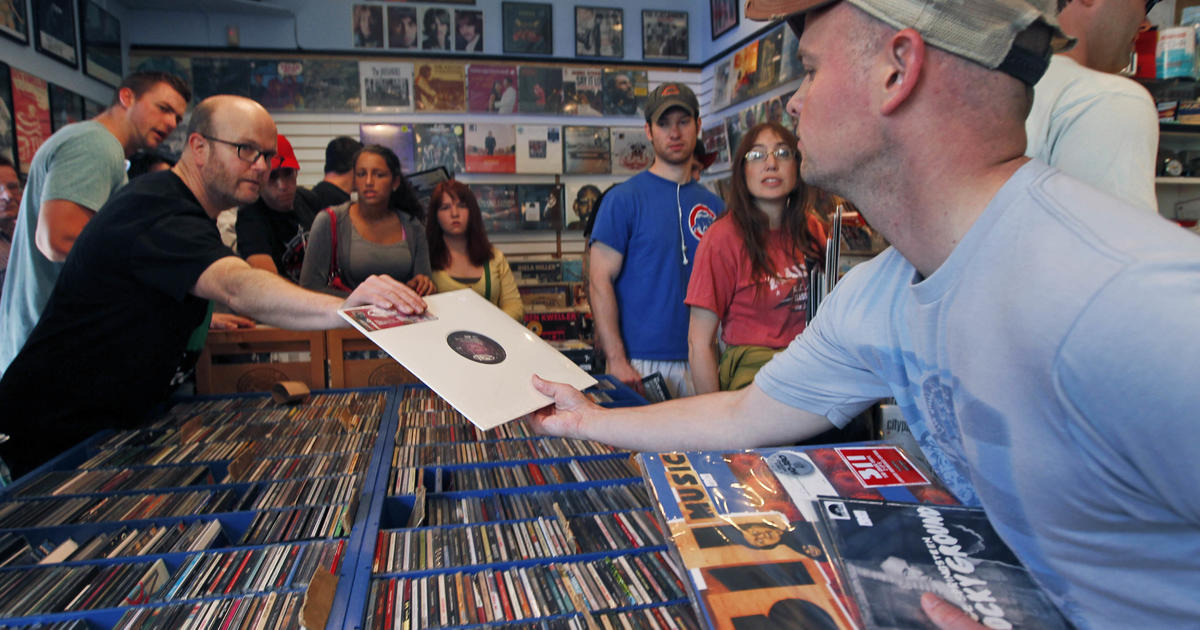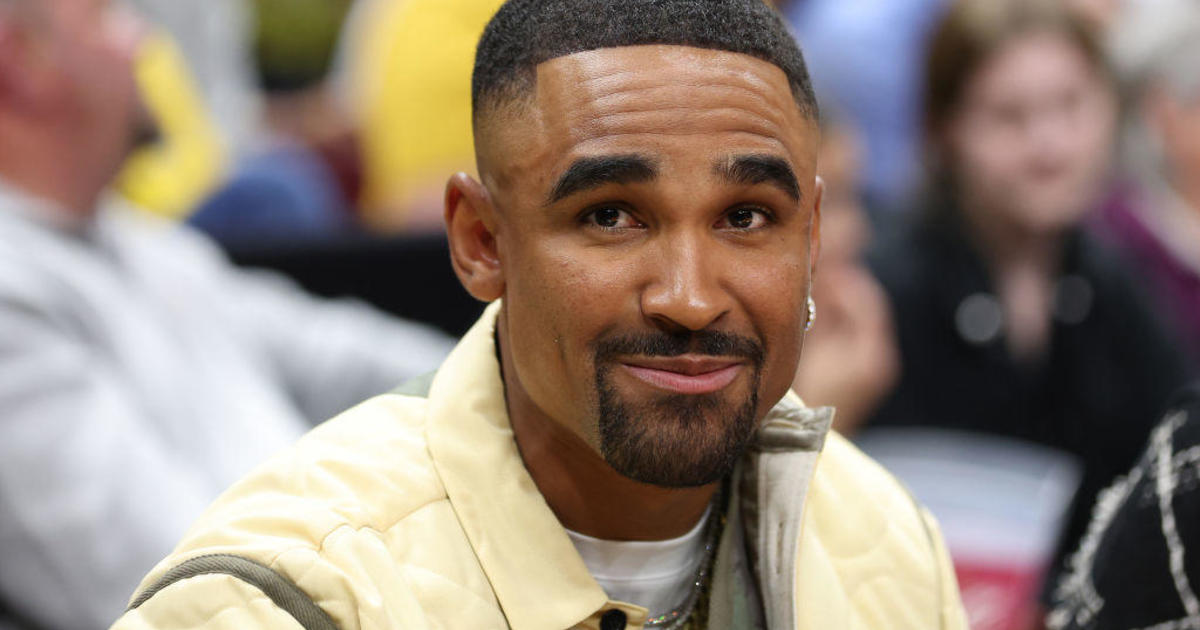Expert Discloses What Subfreezing Cold is REALLY Doing To Your Body
By Hadas Kuznits
PHILADELPHIA (CBS) -- With the current cold snap blanketing the Delaware Valley, area residents might be wondering: how does cold weather affect the human body?
Dr. Frederic Bertley, senior vice president of science and education at the Franklin Institute, says cold temperatures have direct physical effects on our bodies.
"You might wonder, why do we shiver? Why do your hairs stand on end? Why do your teeth chatter? Well, that's actually an autonomic reaction. You can't control that," he explains. "Your body's doing that because it generates heat and tries to keep your body warm as long as possible. But you'll notice: you can't shiver forever."
He says that eventually your body will conserve energy by shutting off those initial reactions and redirecting blood flow to your core.
"That's why your fingers sometimes feel tingly and you feel pins in your toes."
And in extreme cases, he says, this is what causes frostbite.
"Because you have no blood flow going there (to fingers and toes), therefore you have no oxygen going there. Because you have no oxygen going to those tissues, you have no food for the cells, and the cells actually die. And that's frostbite."
At some point, Bertley points out, blood flow to your brain will also slow down.
"And when that happens, that's when you start feeling dizzy. You can start to black out. You start to sound slower and slur your words, and sound almost in a drunken state, because you're not getting the right oxygenation or blood flow to your brain."
And Dr. Bertley says poor functioning of bodily systems in cold weather is the reason why people are twice as likely to suffer a heart attack in the winter as the summer.



